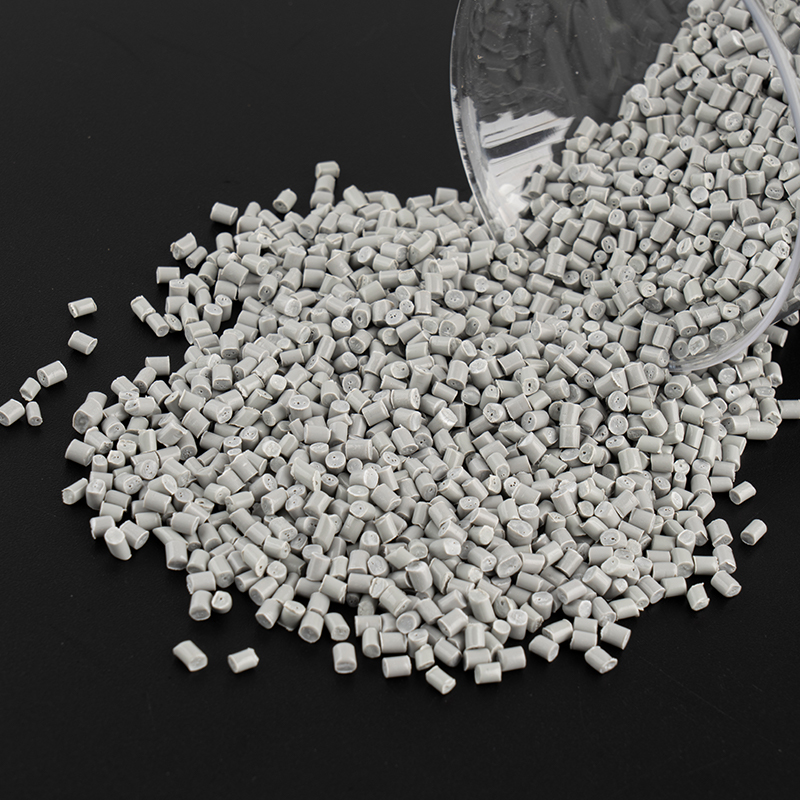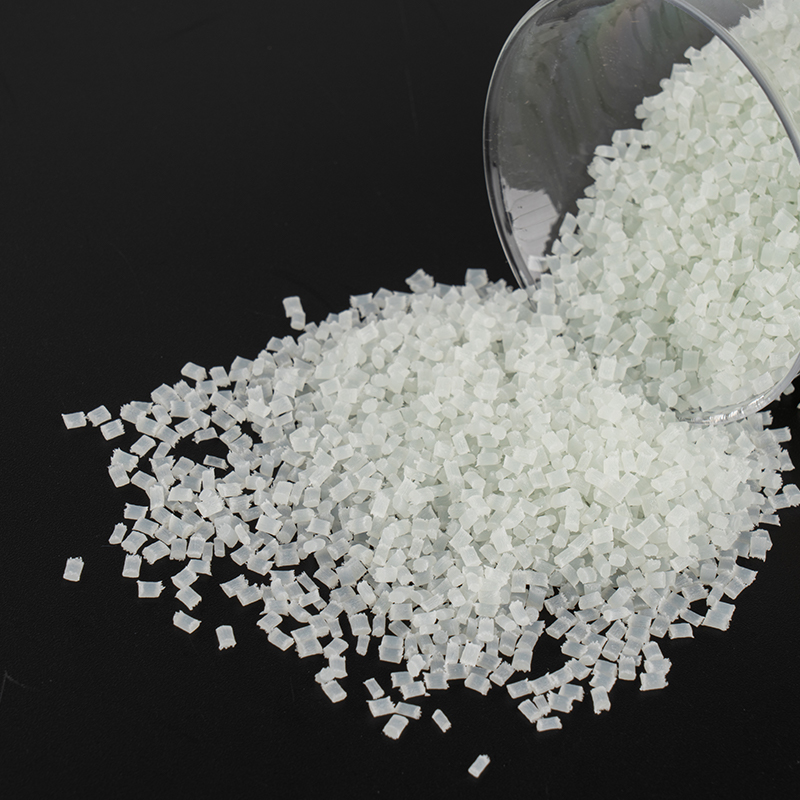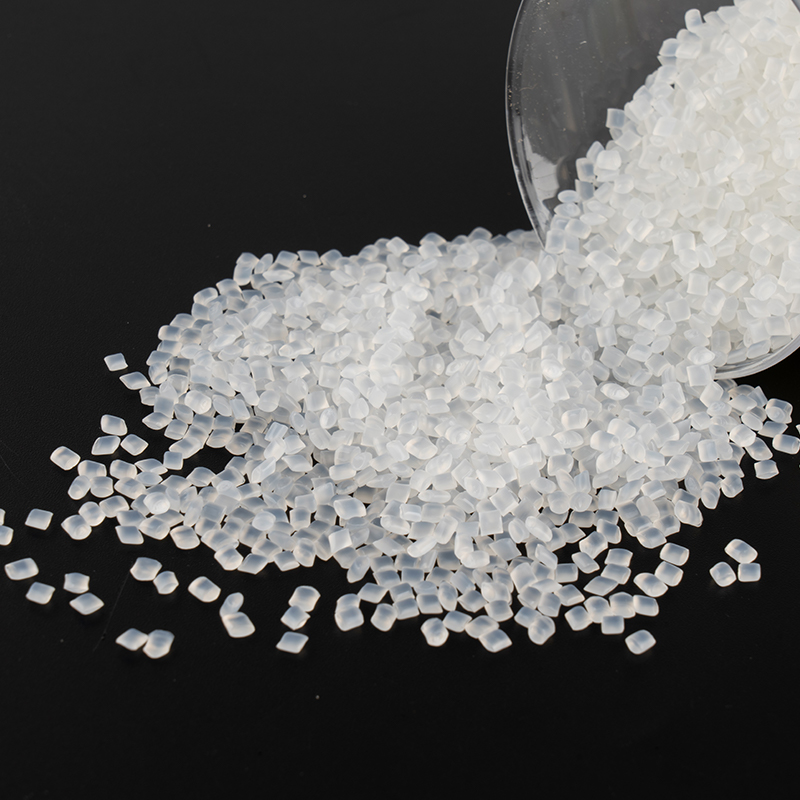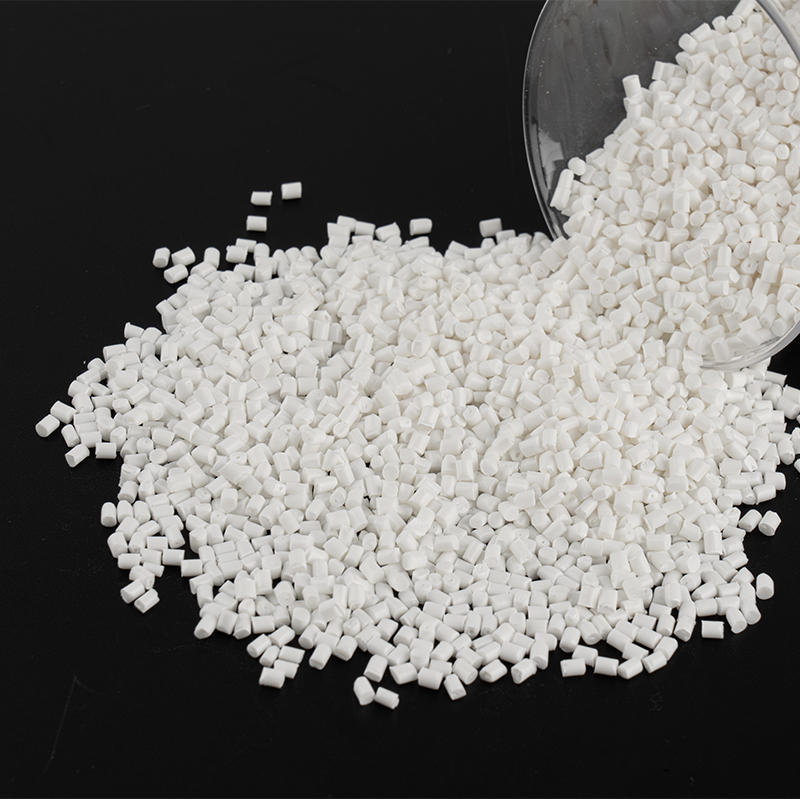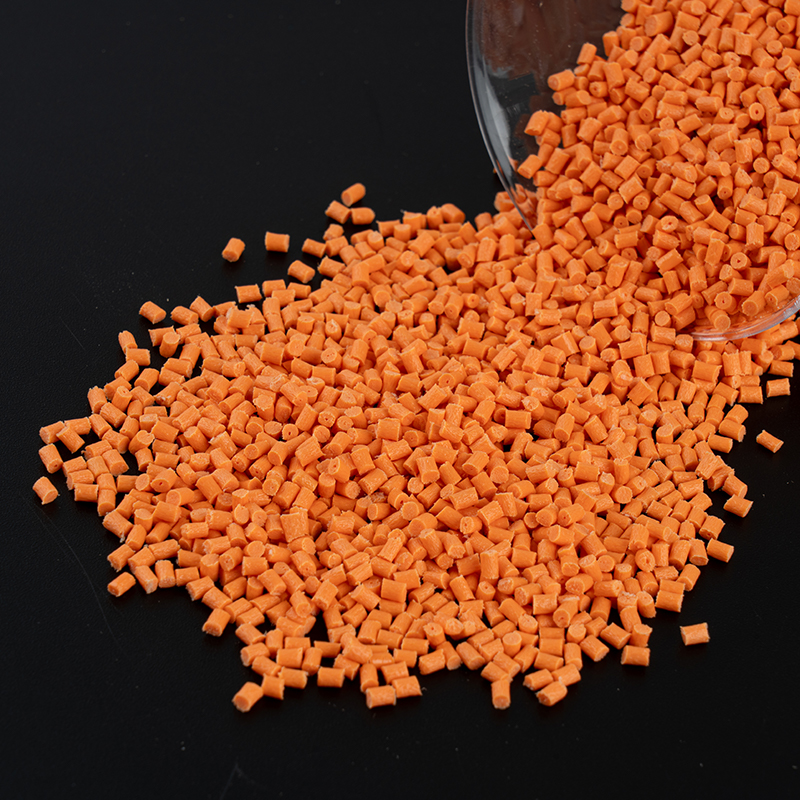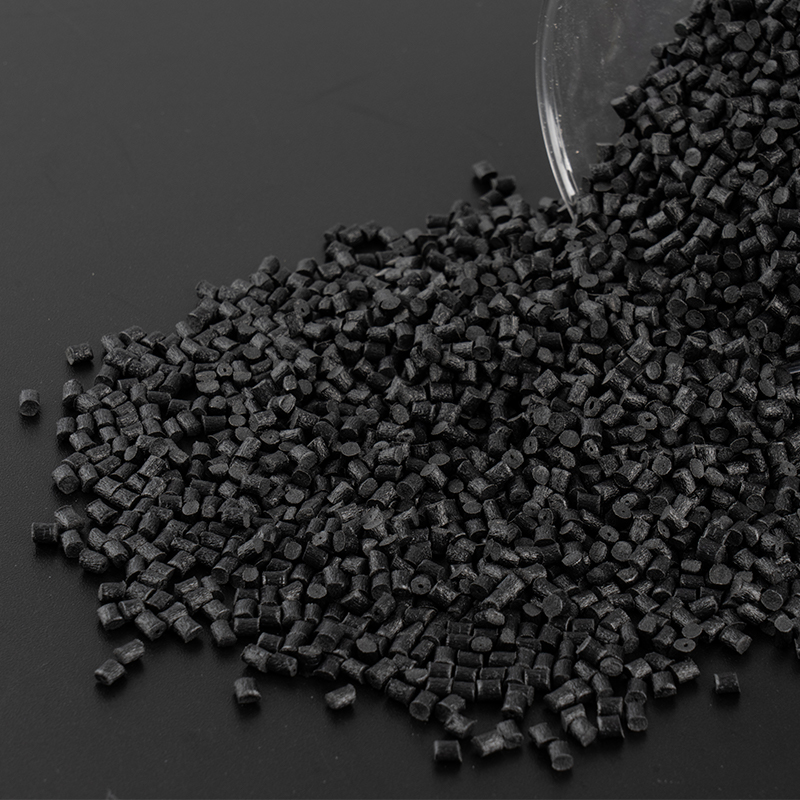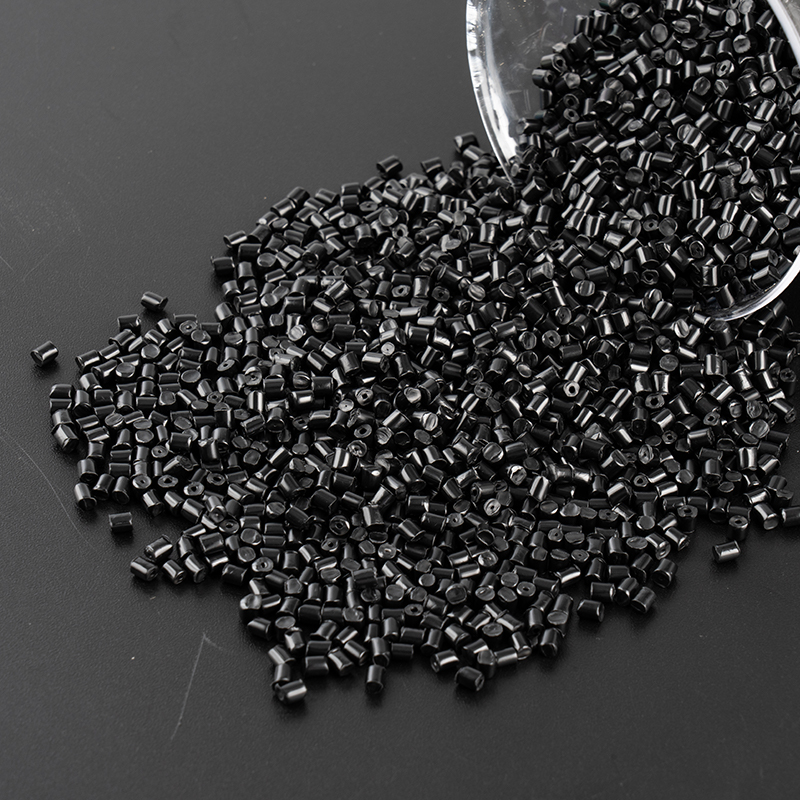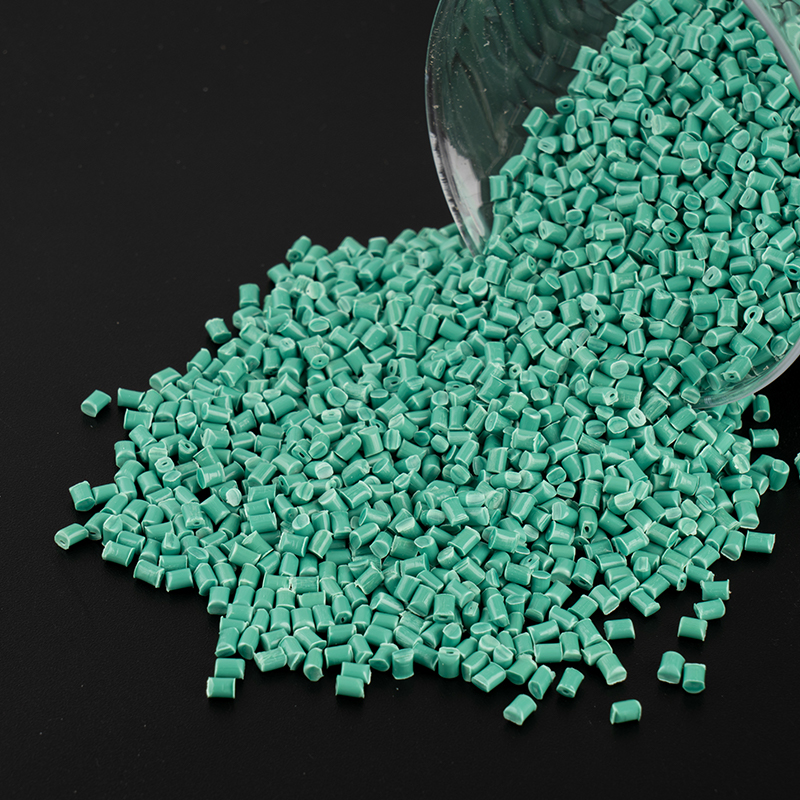As the global automotive industry continues to advance in the direction of lightweight, energy-saving, environmental protection and high-performance development, engineering plastics are increasingly used in automobile manufacturing. PA66 Modified engineering plastics have become the first choice of many automotive parts designers and manufacturers. With its excellent comprehensive performance, this material is gradually replacing traditional metals and thermosetting materials, and is widely used in automobile engine systems, cooling systems, fuel systems, interior parts and even electronic and electrical structures.
The reason why PA66 modified materials are widely favored by the automotive industry is first due to its excellent mechanical properties and heat resistance. PA66 itself has good strength, rigidity and toughness. Through glass fiber reinforcement, mineral filling, flame retardant modification and other means, its mechanical properties can be significantly improved, so that it can withstand high temperature, high pressure, frequent vibration and other harsh automotive operating environments for a long time. For example, in engine peripheral parts such as cylinder head cover, intake manifold, water tank water chamber and other parts, PA66 modified materials can maintain good dimensional stability and structural strength, and are not easy to deform or age even under high temperature, high humidity or high speed operation.
In addition to the advantages of mechanical properties, PA66 modified materials also play an irreplaceable role in lightweighting. Compared with traditional metal materials, PA66 has a lower density and can effectively reduce the weight of the vehicle, which has a significant effect on improving fuel efficiency and reducing carbon emissions. According to research data, for every 10% reduction in vehicle weight, fuel consumption can be reduced by 6% to 8%, and the use of PA66 modified plastics to replace metal manufacturing parts is an effective way to achieve this goal. Whether it is automakers or many global parts suppliers who focus on environmental regulations and energy-saving goals, PA66 is regarded as an important material for promoting green automotive manufacturing.
Another significant advantage of PA66 modified plastics is its excellent processing and molding performance. Unlike the cumbersome and costly metal processing process, PA66 is suitable for efficient injection molding processes, which not only has a short molding cycle, high dimensional accuracy, and easy realization of complex structures, but also greatly improves production efficiency, greatly reducing the overall manufacturing cost. This high degree of freedom of processing gives designers greater flexibility to develop automotive parts with more sophisticated structures and richer functions to meet the ever-increasing market demand.
PA66 modified materials also excel in chemical resistance and environmental stability. During the operation of a car, it is inevitable that it will come into contact with various oils, such as engine oil, coolant, antifreeze, fuel, etc. Ordinary plastics may swell, corrode or degrade in long-term contact, while the modified PA66 material has excellent oil resistance, corrosion resistance and UV aging resistance, which can ensure that the parts maintain stable performance for a long time in high temperature, high humidity and high pollution environment, which is crucial to ensure automobile safety and extend the life of parts.






